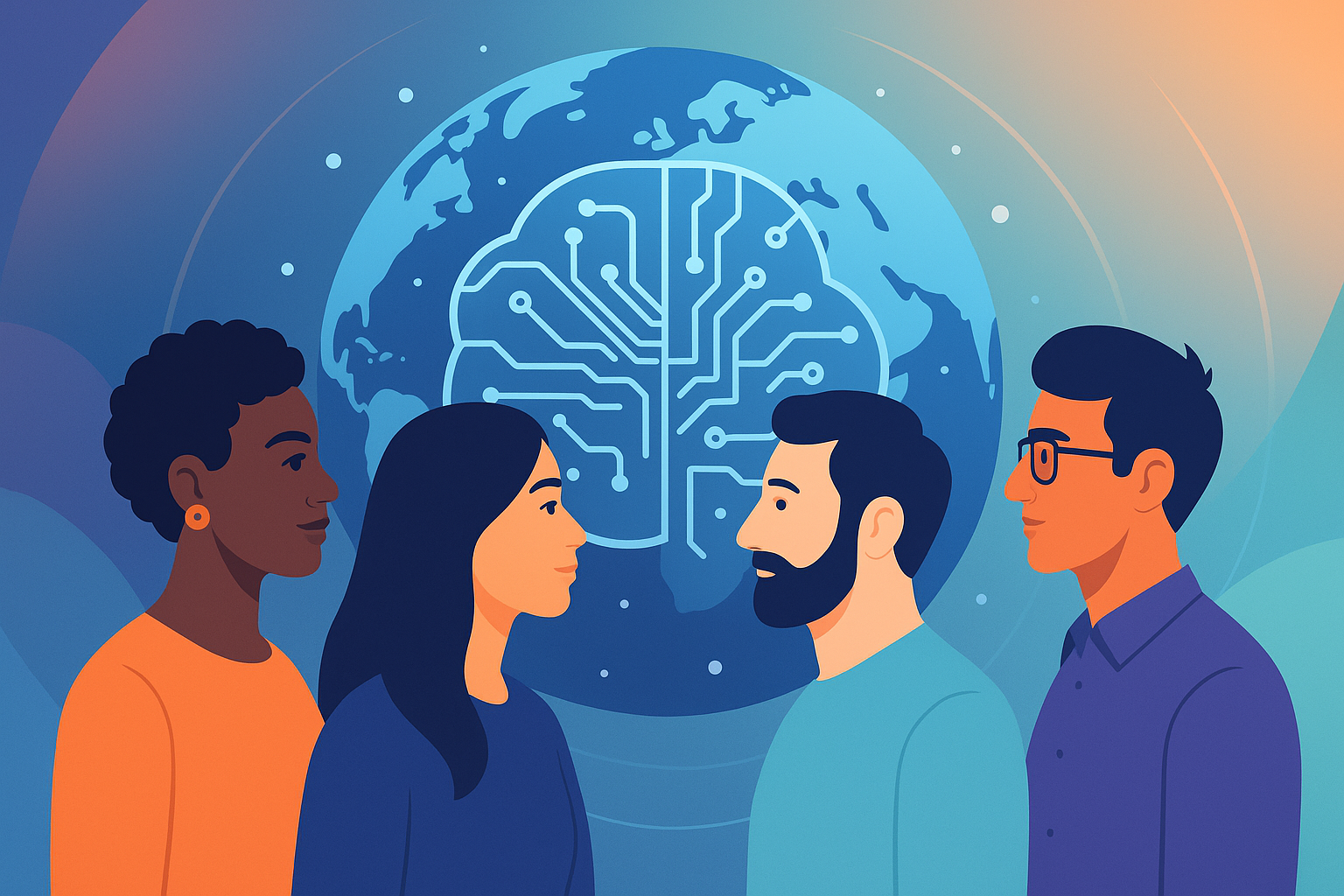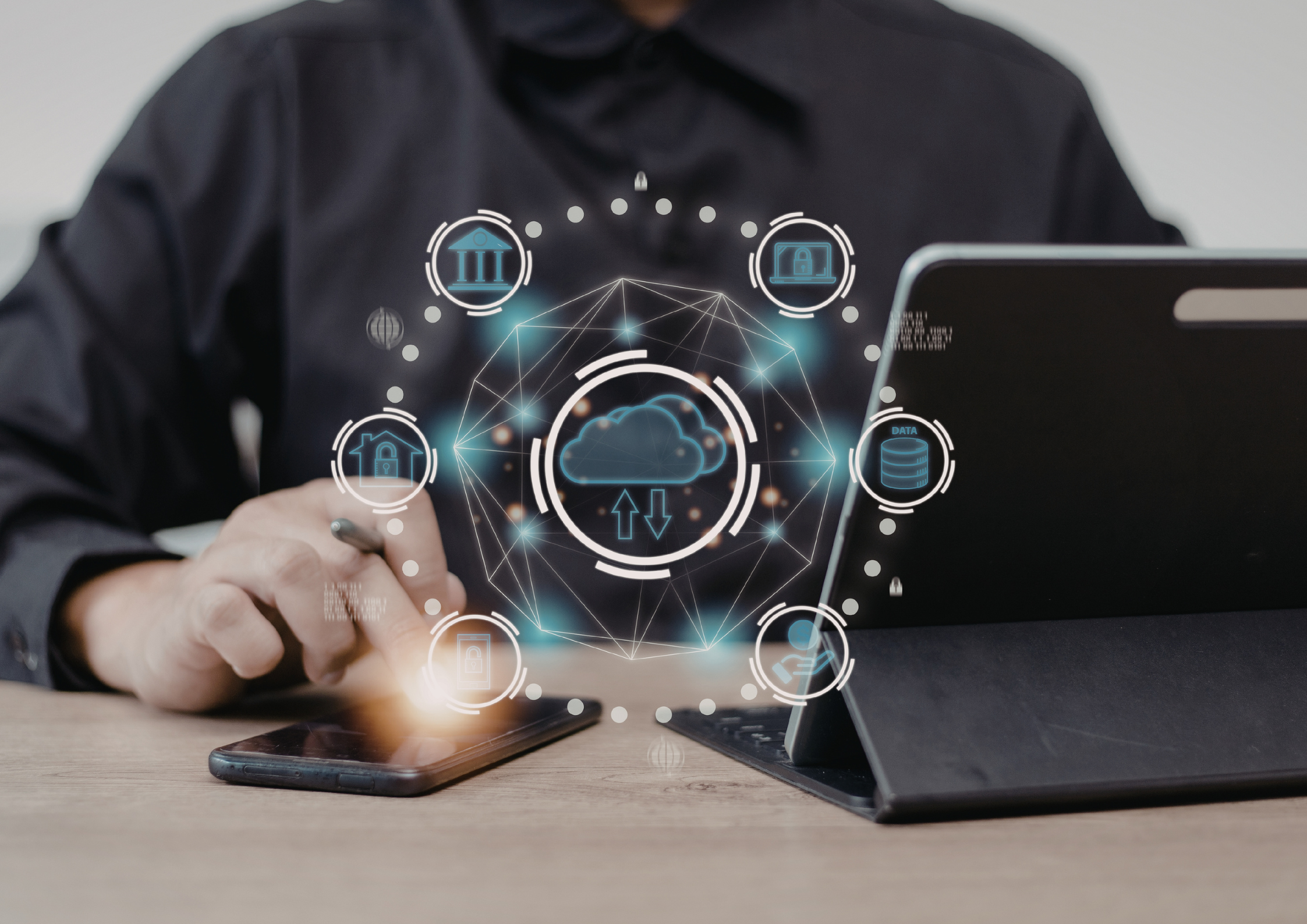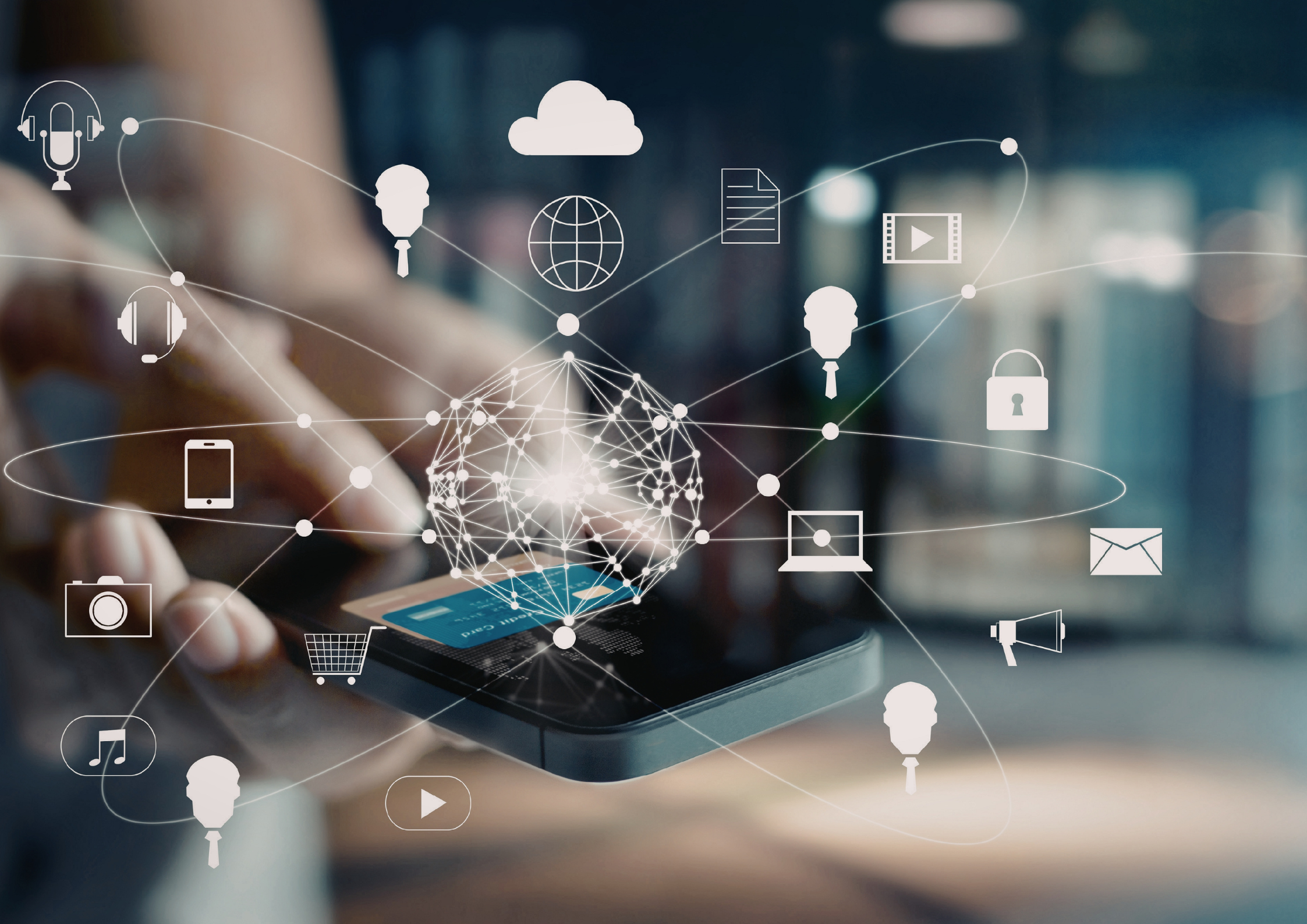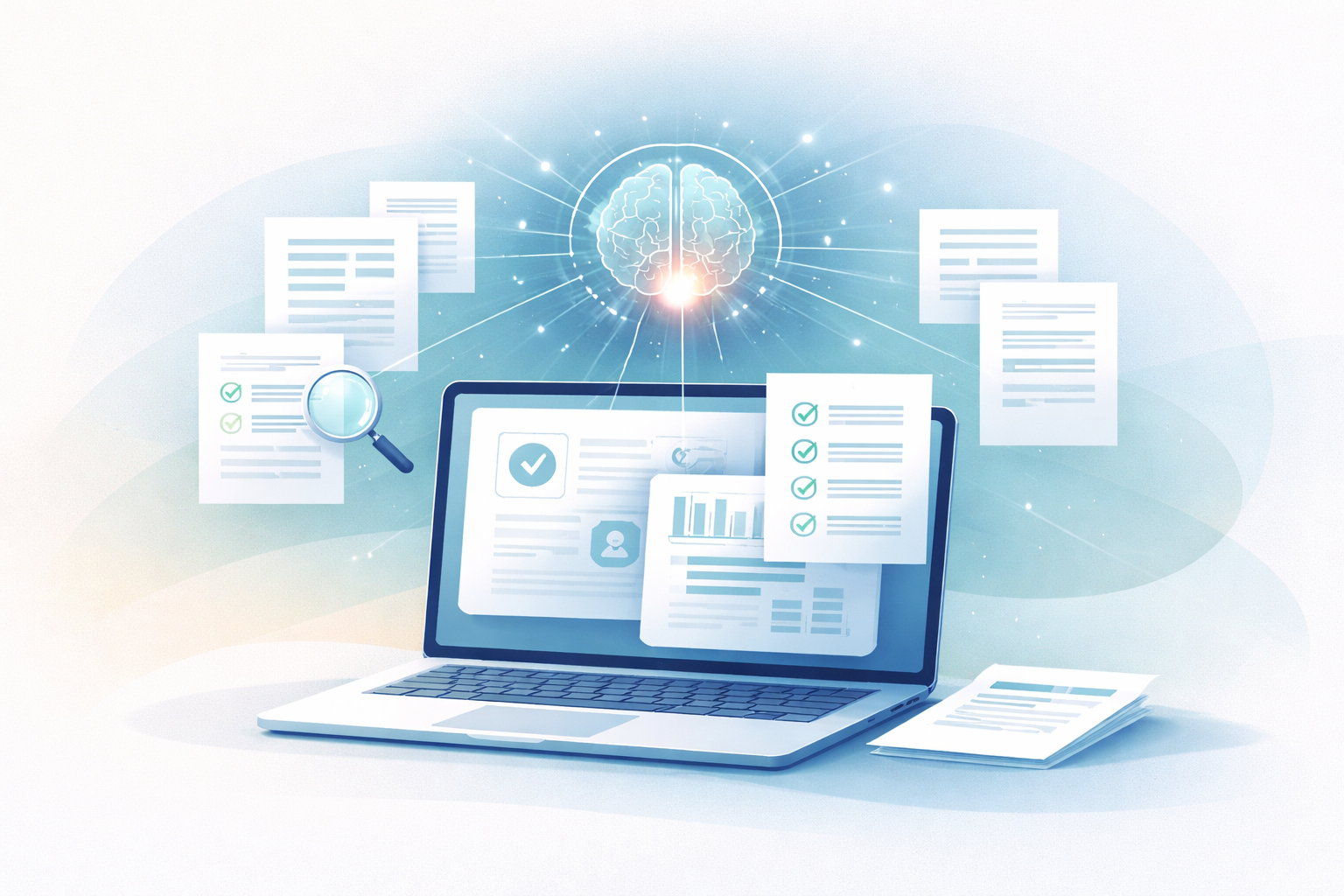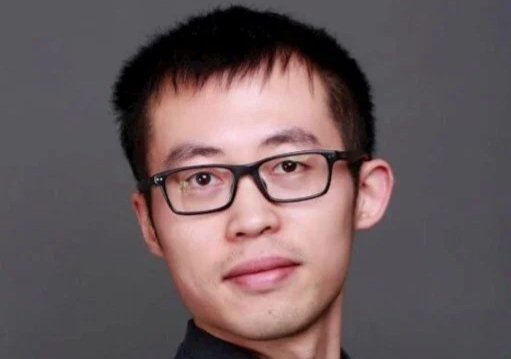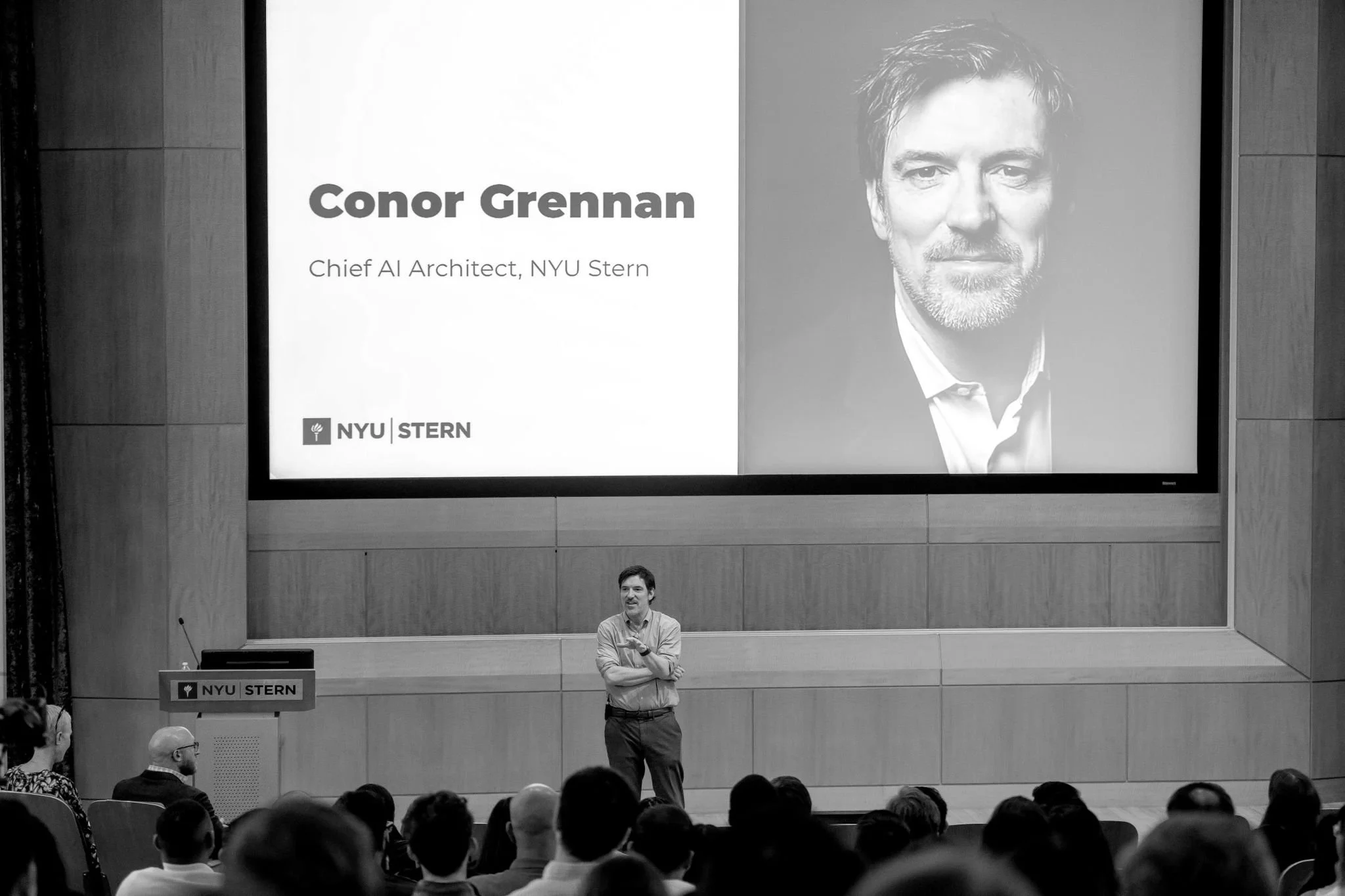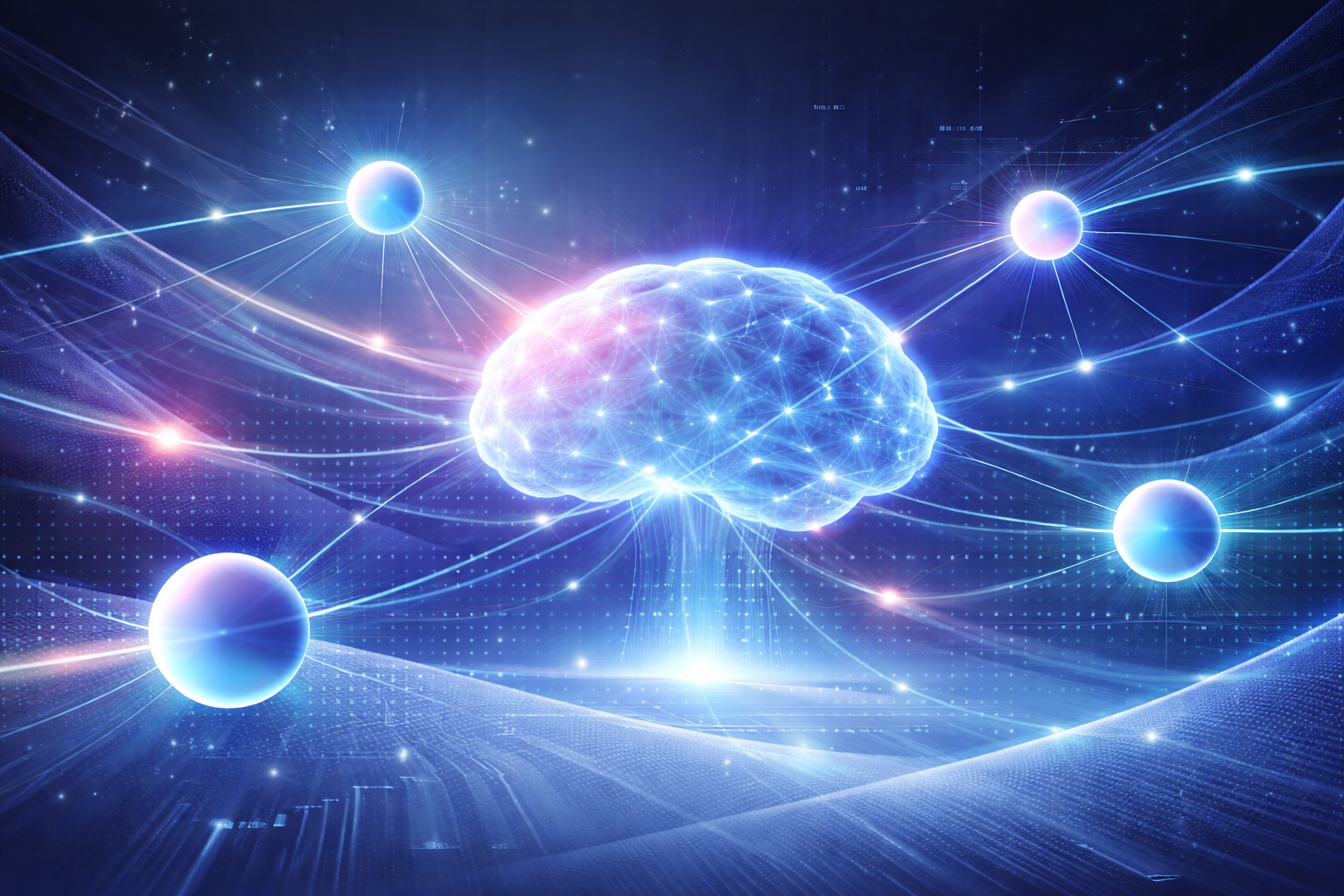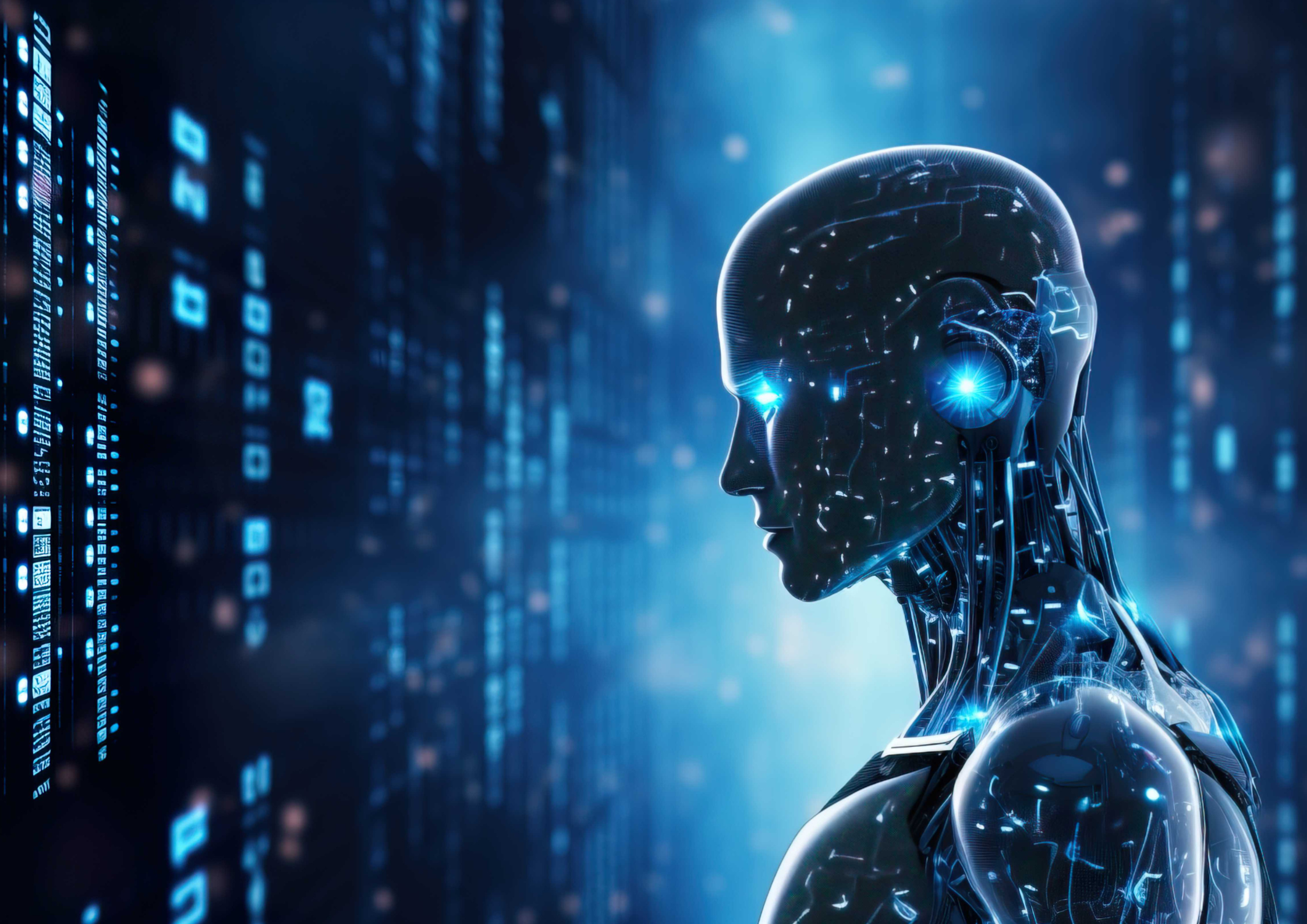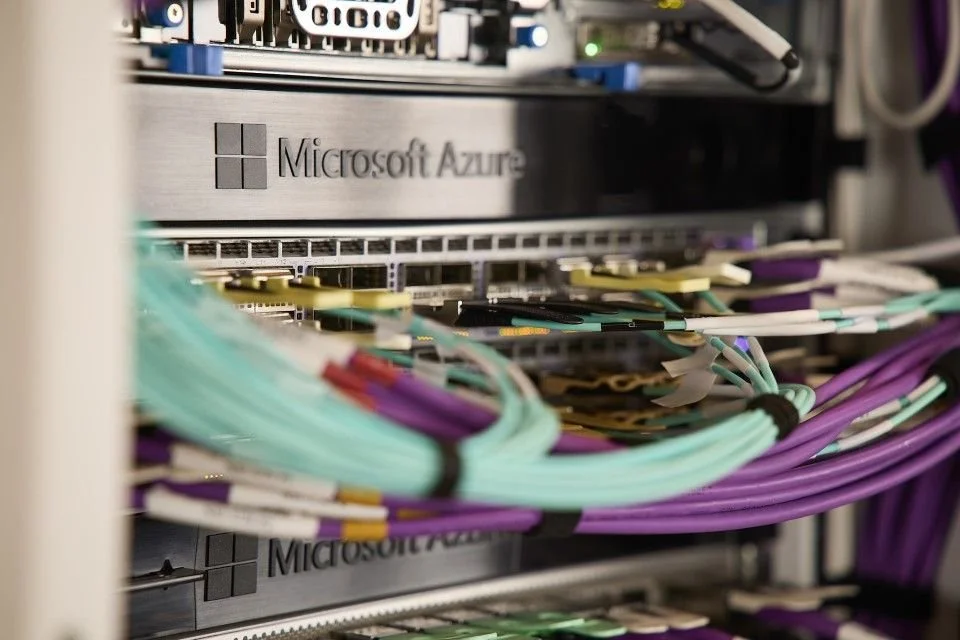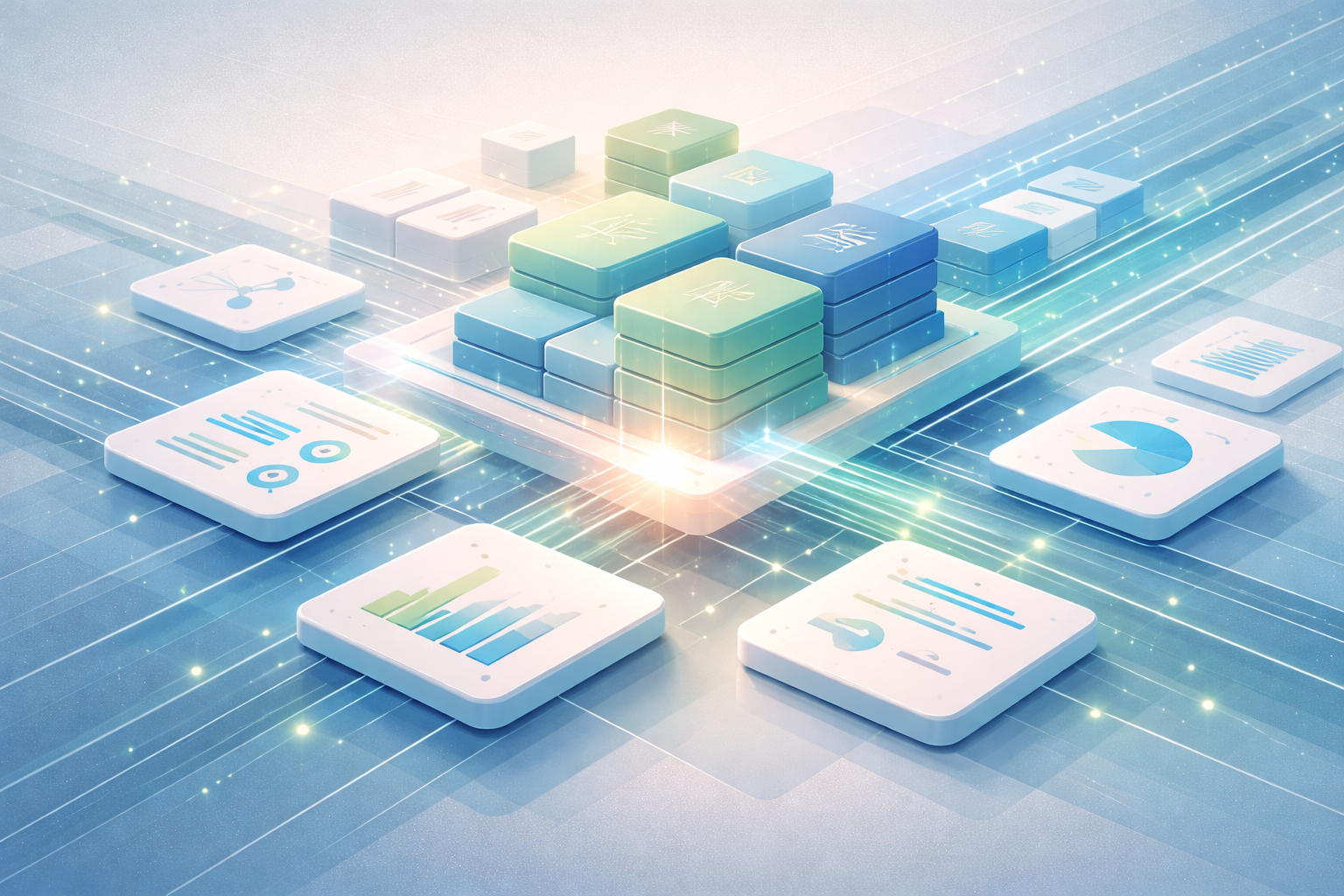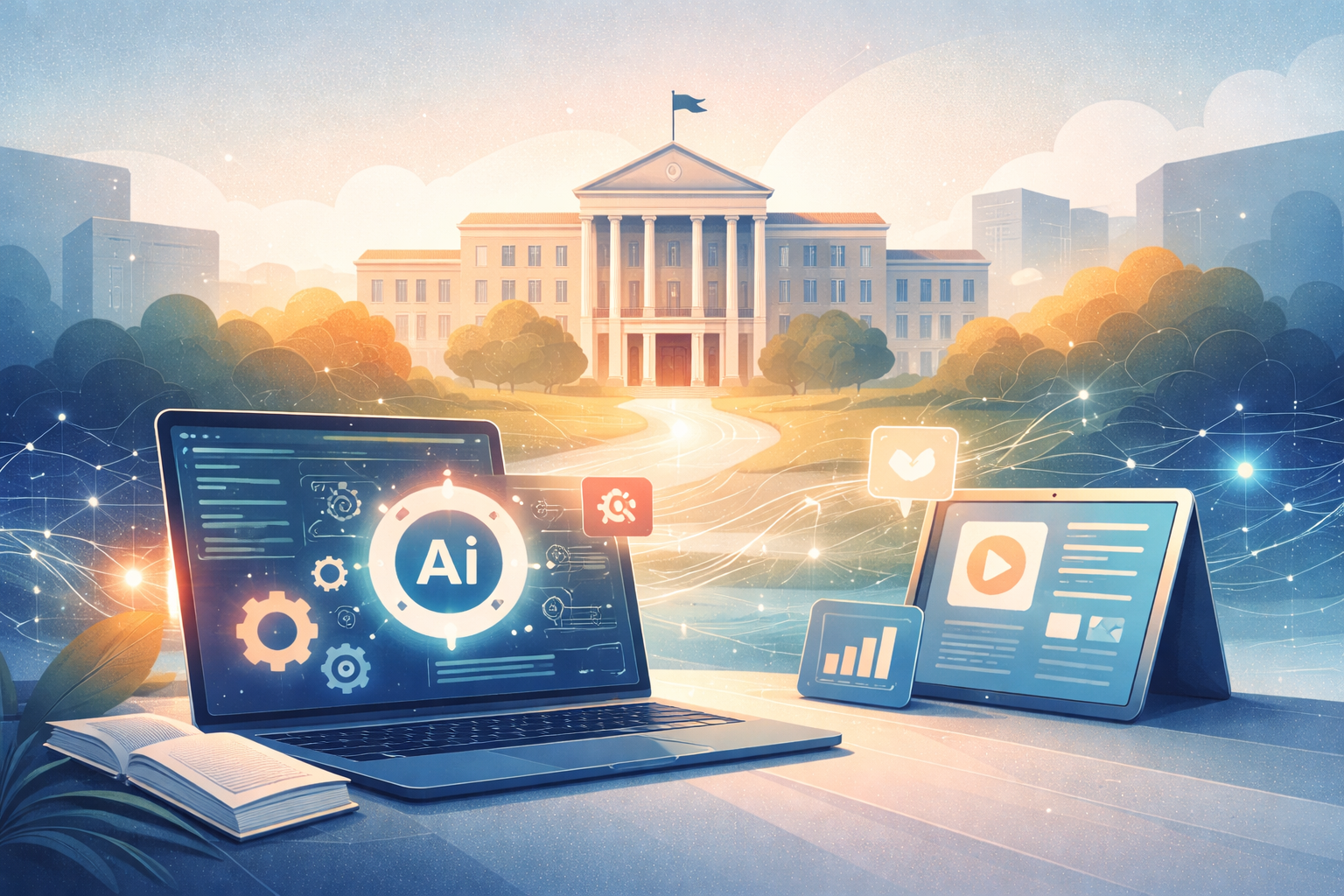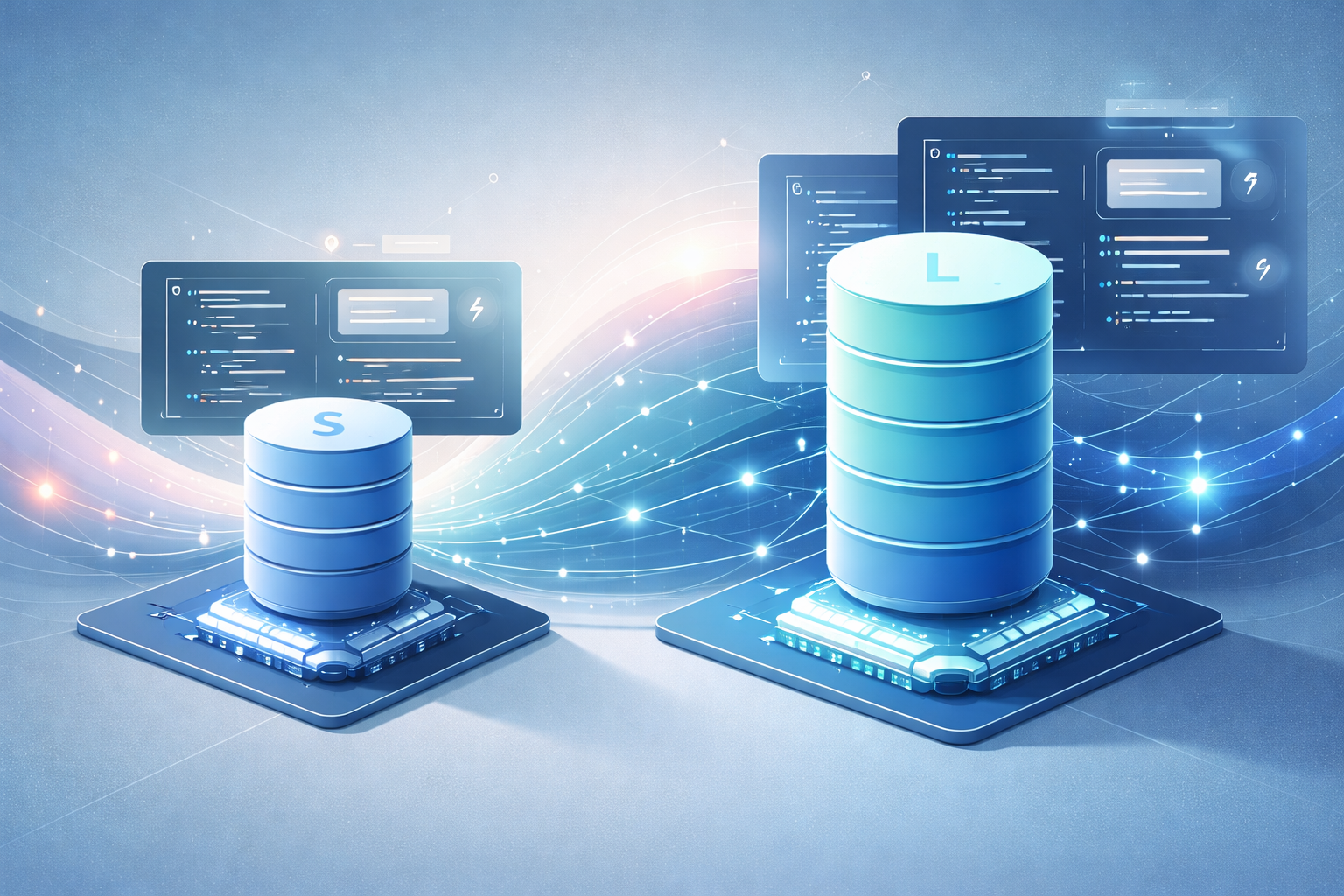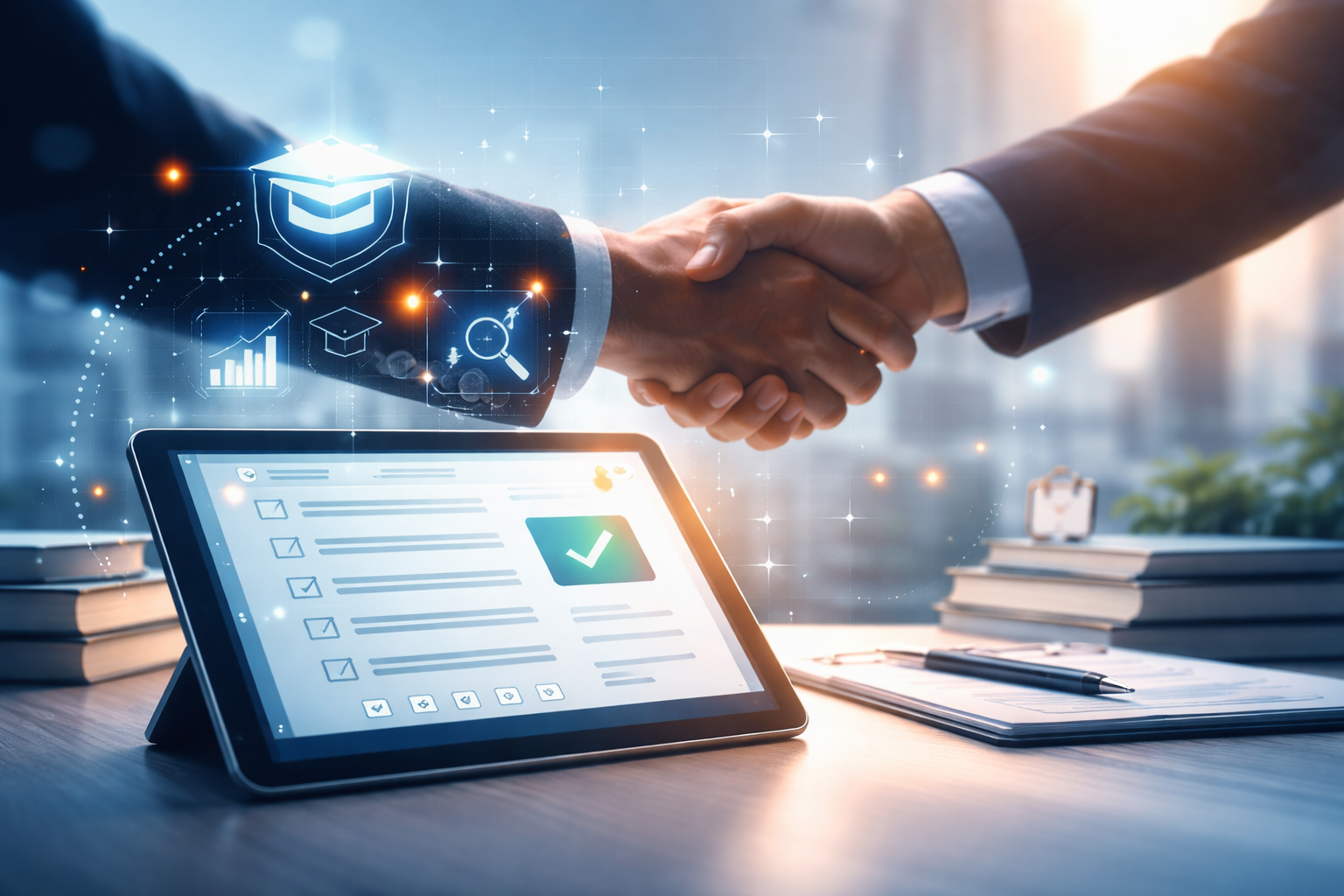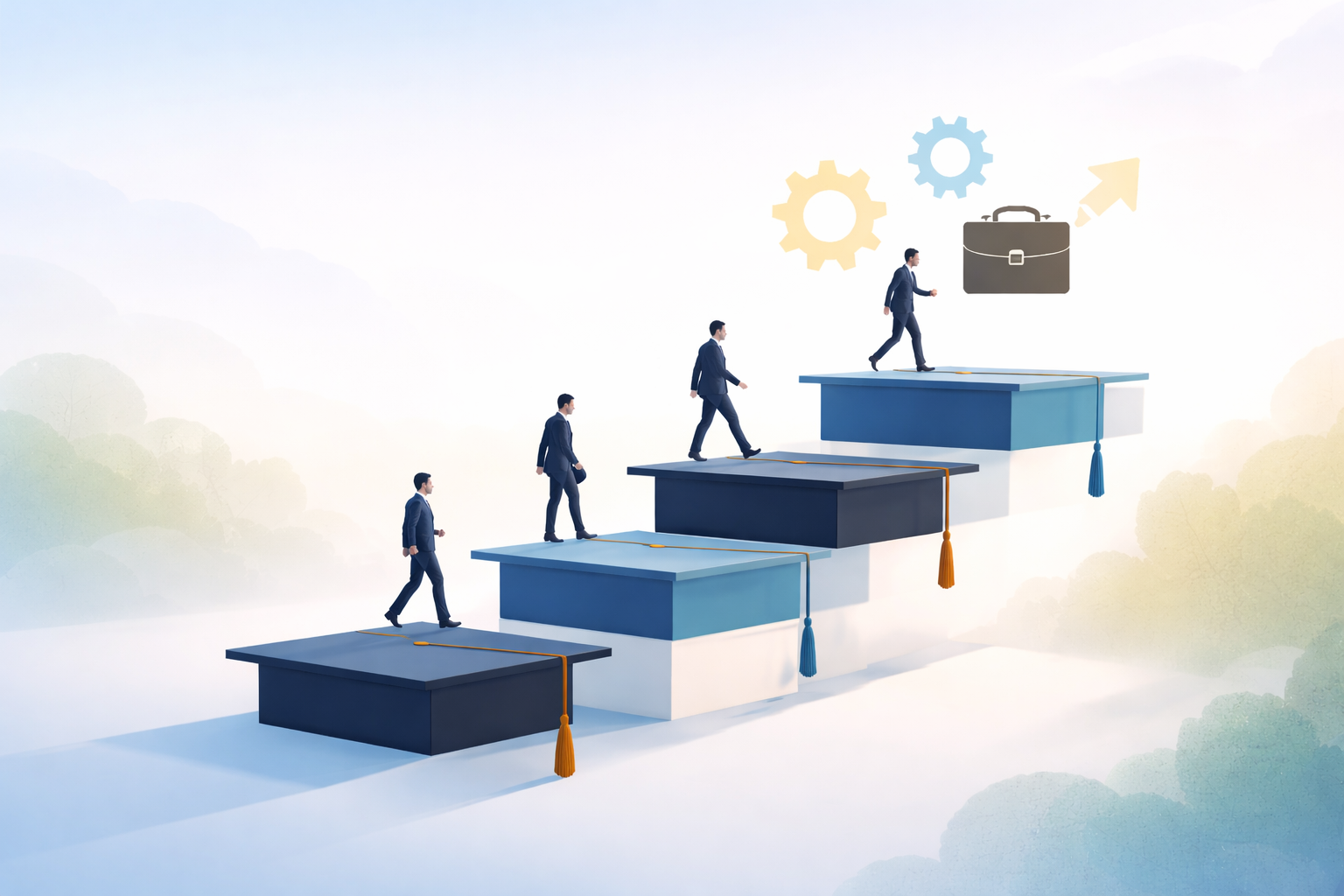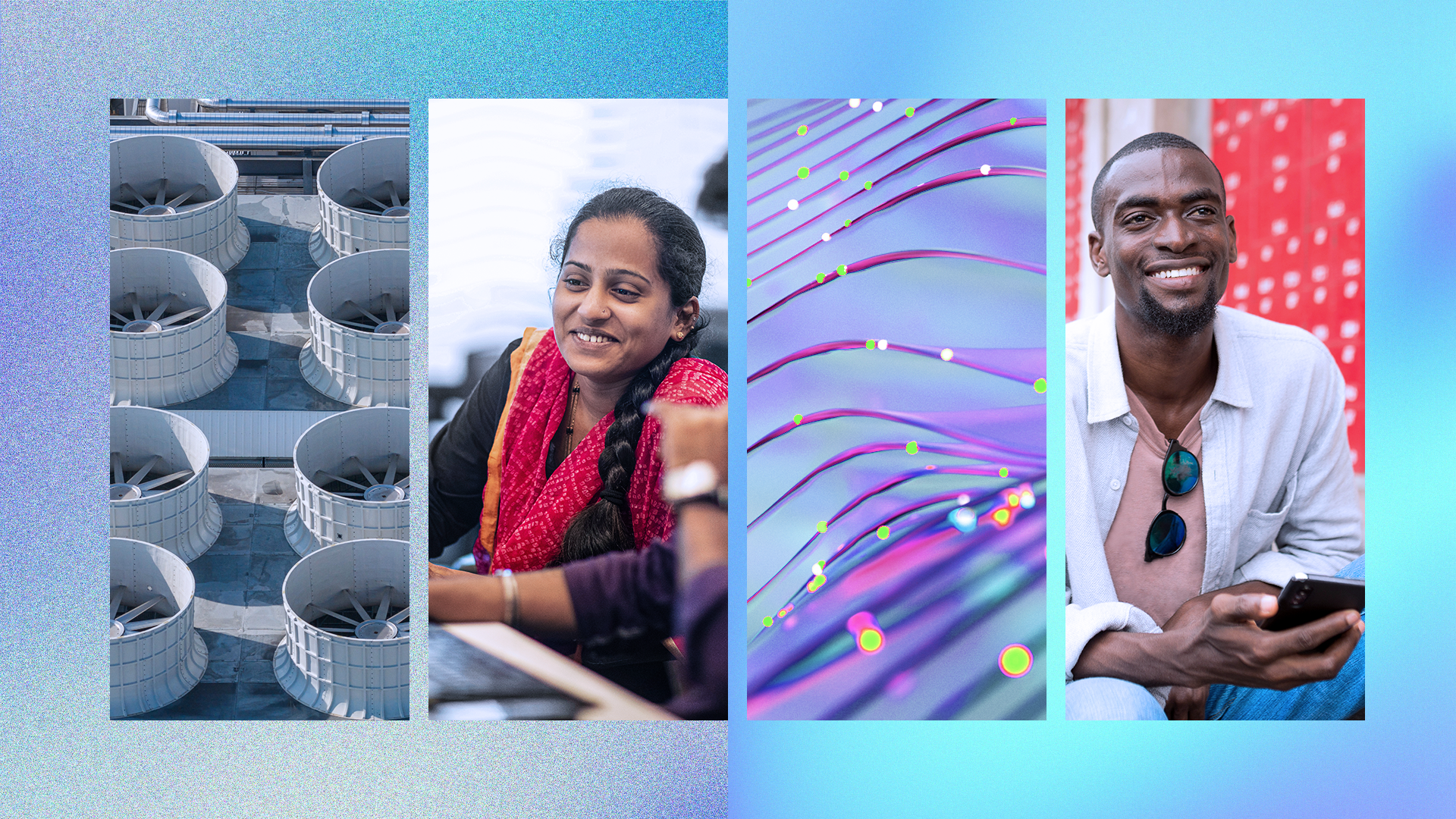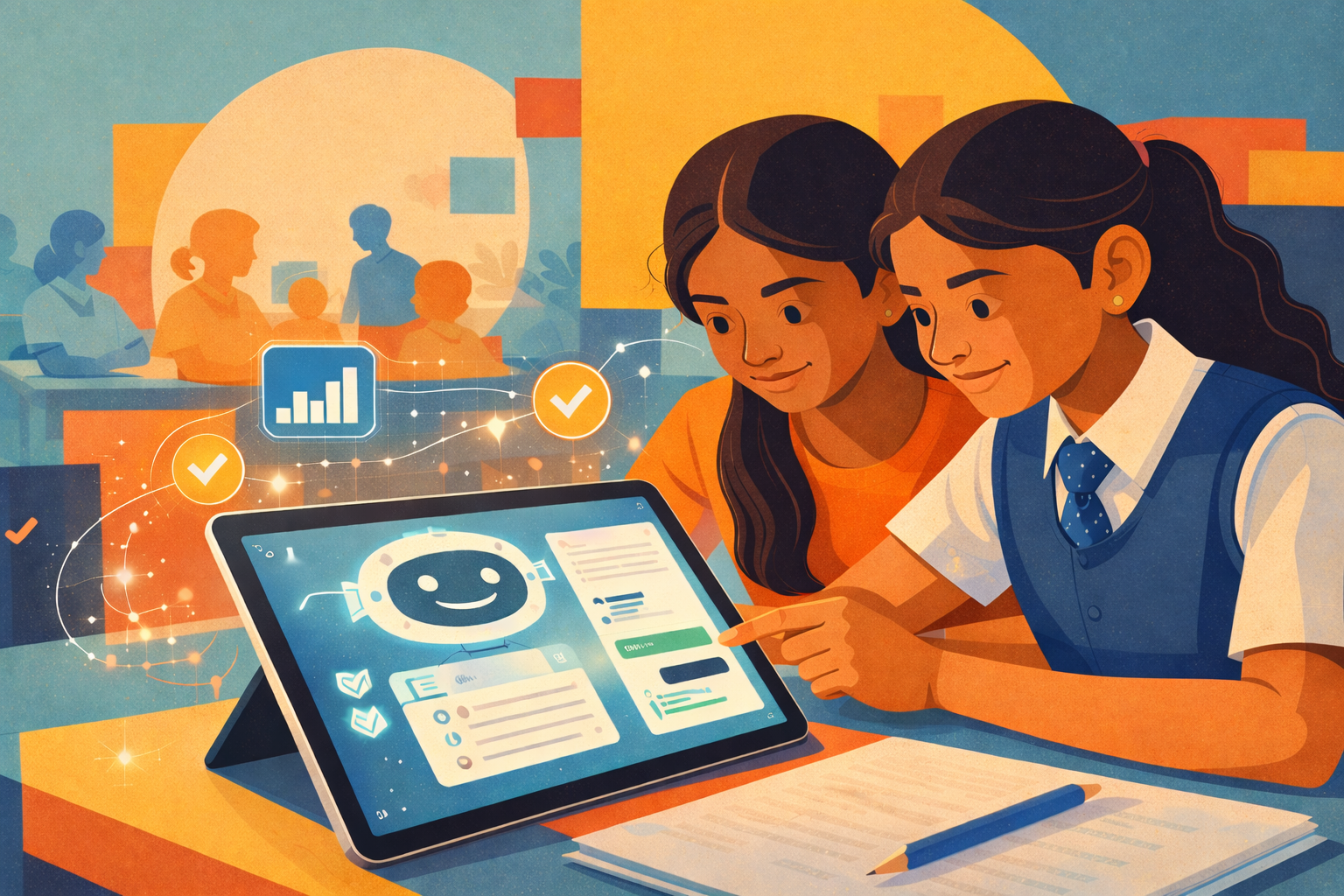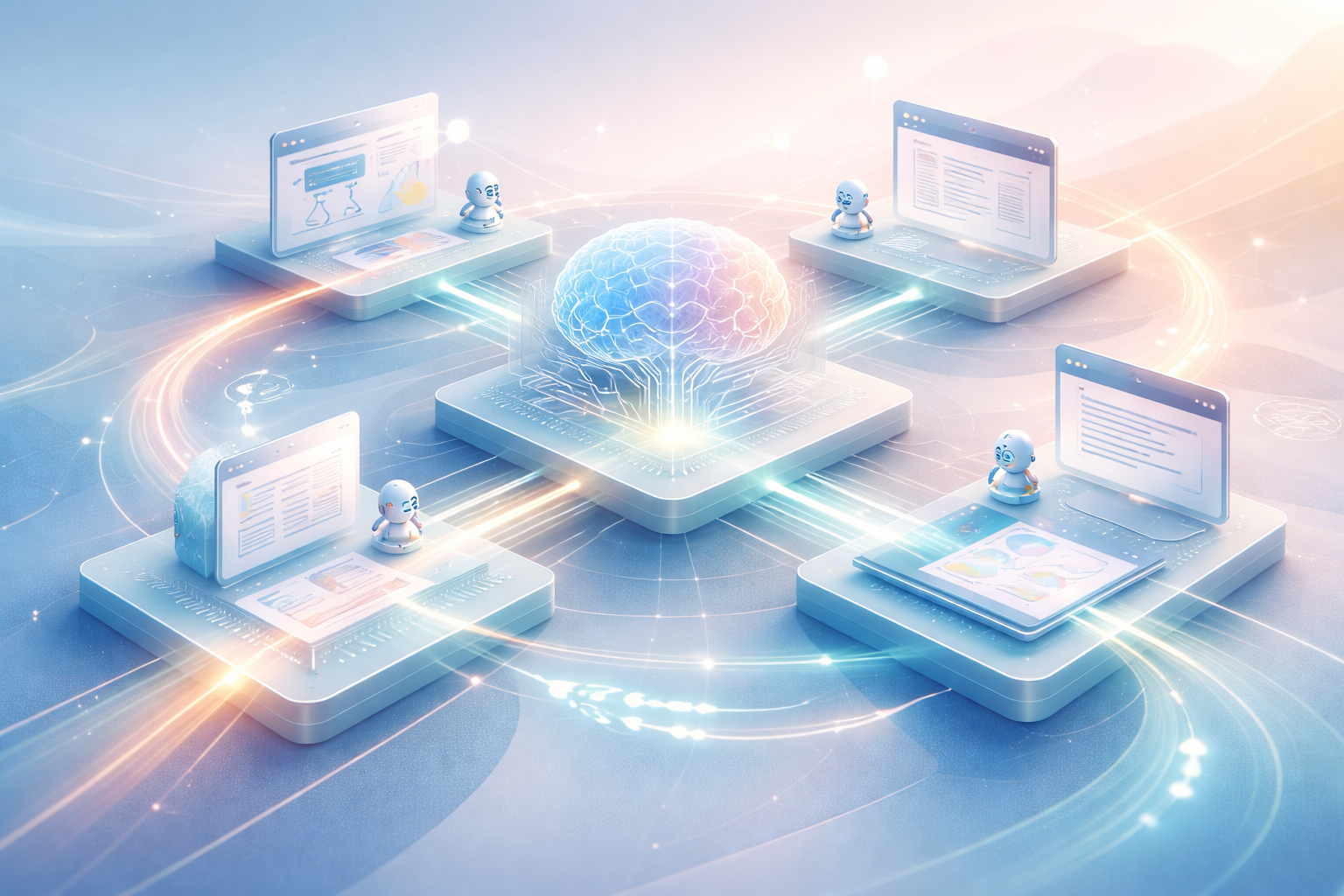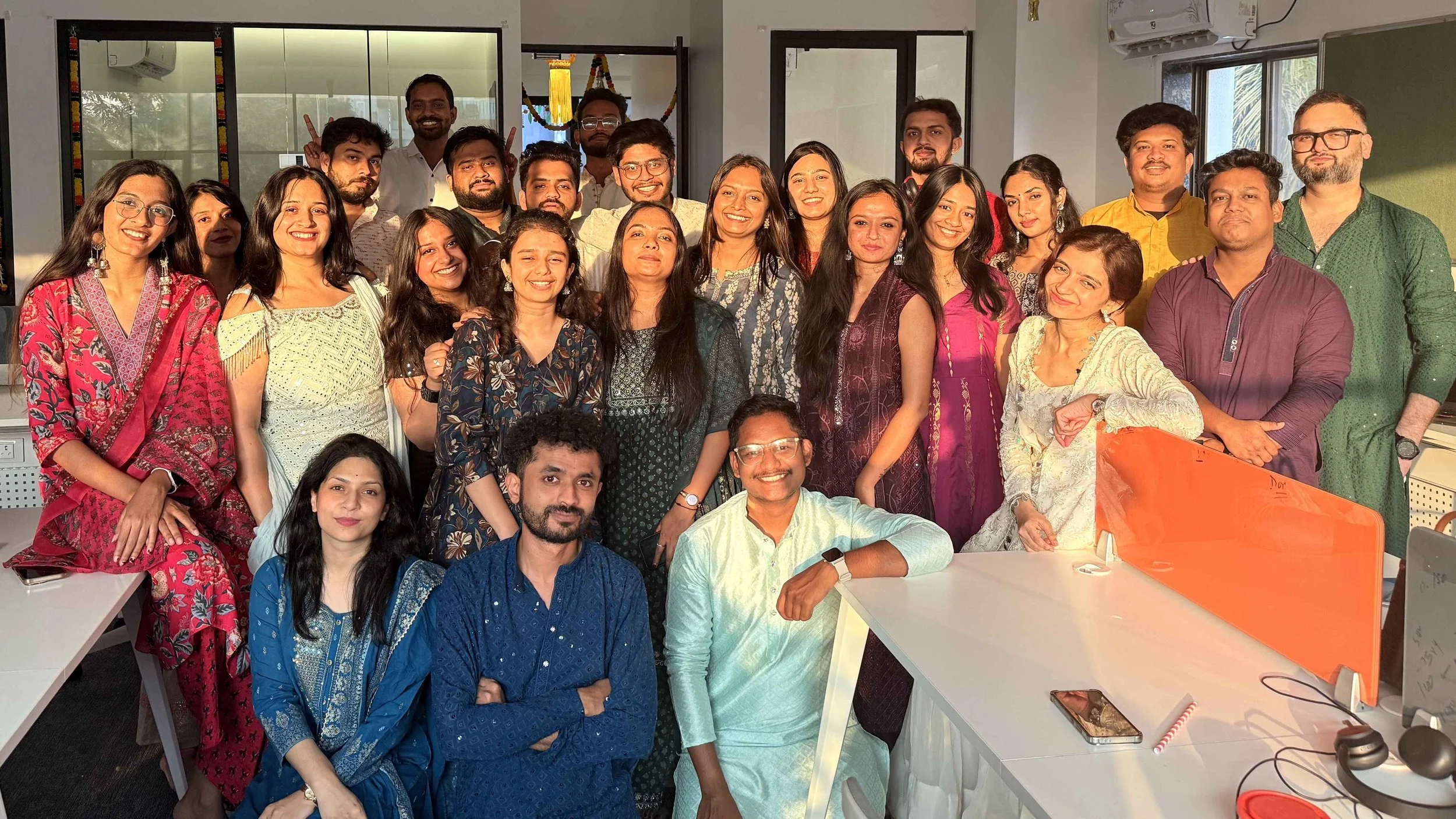OpenAI outlines new steps to expand global access to AI and prepare workers for future jobs
OpenAI, the artificial intelligence research and deployment company behind ChatGPT, is emphasizing its goal of broad, equitable access to AI technology.
In a recent LinkedIn post, Chris Lehane, Chief Global Affairs Officer at OpenAI, said the company views AI “as a right” and believes that “democratizing access to AI and its benefits is the best way to help people everywhere unlock their potential and shape their own futures.”
Lehane compared AI’s role in productivity and creativity to previous industrial shifts. “Like the combustion engine or electricity, AI grows the economic pie by expanding people’s ability to think, create, build and produce,” he wrote. He added that ensuring AI benefits everyone, not just a few, must remain central to how the technology develops.
Measuring AI’s real-world economic impact
Lehane noted that OpenAI recently released GDPval, a measure of how AI models perform in real-world work. He described it as “a first-of-its-kind measure of how AI models perform on real-world work,” adding that “GDPval is the clearest way to understand its potential to increase productivity and opportunity on a scale not seen in generations.”
The company also published a global study analyzing ChatGPT usage across its 800 million weekly users. The research found that most users rely on ChatGPT “as a coach or advisor,” with more than 2.5 billion messages exchanged daily.
Preparing workers for AI-driven jobs
Lehane said that OpenAI is expanding programs to help current and future workers adapt to AI-enabled industries. “OpenAI Certifications will offer free credentials verifying AI fluency ranging from the basics of prompt engineering to advanced AI-enabled work,” he wrote. He added that the OpenAI Jobs Platform will connect employers with AI-fluent workers.
The company’s OpenAI Academy, which launched last year, now has over two million Americans engaged with its free training materials. Lehane described the Academy as “the foundation for these programs.”
Training educators and supporting public employees
OpenAI is also working with organizations to extend training to sectors such as education and public service. “In education, we’ve teamed up with the American Federation of Teachers to offer free training to 1.8M educators,” Lehane said. He added that “pilot programs in Pennsylvania and North Carolina are helping public employees save hours on paperwork so they can focus on serving citizens.”
Lehane wrote that the company is also exploring how to “pre-distribute the economic benefits of AI,” ensuring that the technology supports people’s livelihoods rather than replacing them.
Framing AI as a modern industrial opportunity
Lehane drew parallels between the AI revolution and past industrial transformations, saying, “The majority of today’s jobs did not exist prior to WWII. Electricity turned lamplighters into electricians. In totality, more and better jobs were created.” He cautioned, however, that managing transitions responsibly will be key to ensuring AI “disrupts for people’s benefit, not at their expense.”
He concluded by calling AI “a generational opportunity to reindustrialize the country and revive factories, expand supply chains, and modernize our grid.” Lehane added, “If we take the same approach with AI, infrastructure, education and policies can make its benefits available to everyone.”

